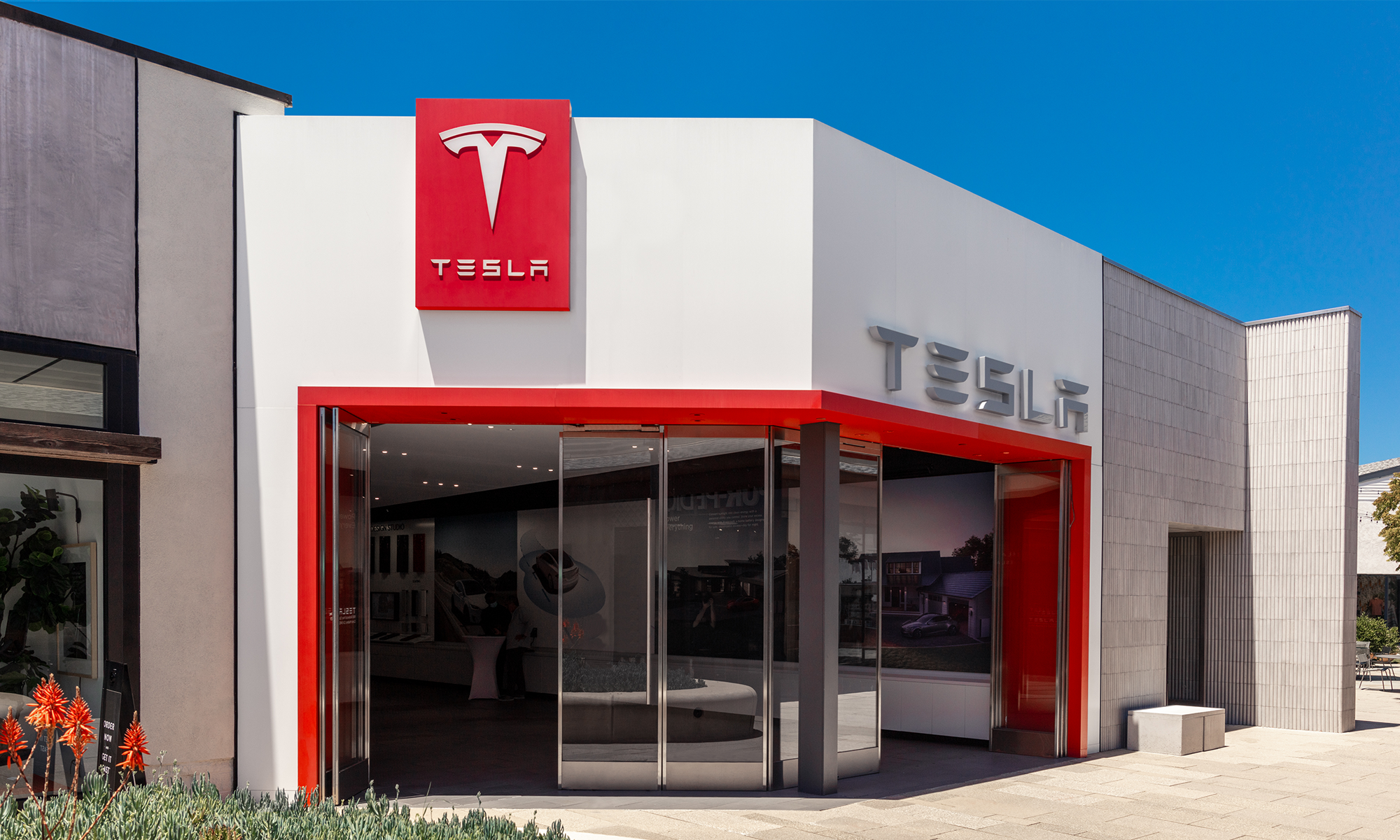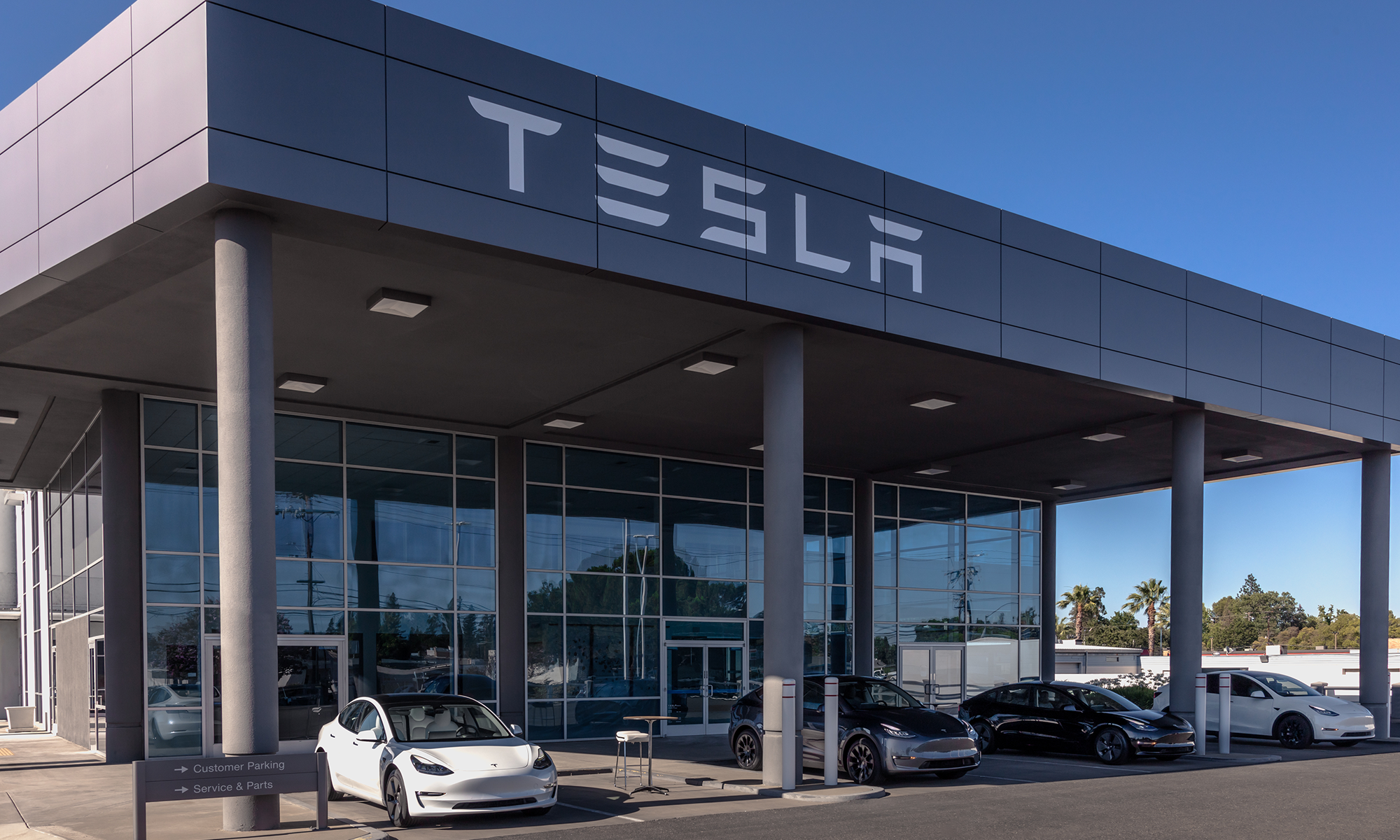Tesla's (TSLA +4.08%) third-quarter results disappointed investors -- its revenue, earnings per share, and car deliveries came in well below Wall Street's expectations. So it's no wonder that as of Oct. 25, the stock had dipped by 13% for the month and 10% since the earnings announcement on Oct. 18.
While this top electric vehicle (EV) company might be hitting a rough patch, it's a more upbeat story for investors if we zoom out. In the past decade, shares of Tesla have skyrocketed by 1,790%, crushing the gain of the Nasdaq Composite. A $10,000 investment in the stock in October 2013 would be worth an impressive $189,000 today.
Let's take a closer look at Tesla's past, and consider whether or not its shares make for a smart buy right now.

NASDAQ: TSLA
Key Data Points
A pioneer in the industry
In 2022, 14% of new cars sold globally were EVs. That was up significantly from the 0.16% market share they held in 2012. Society's increasing focus on addressing climate change and promoting environmentally friendly practices paved the way for the automobile industry to undergo innovation and disruption, starting a shift away from gas-powered vehicles.
Tesla probably deserves the lion's share of the credit for the growth of the EV market. It launched its Model S in 2012, and it was a huge success -- at last, an EV that consumers actually wanted. Tesla now has three other models in its lineup as well. Combined, those cars commanded 50% of the domestic market for EV sales last quarter.
Tesla's growth has been nothing short of spectacular. Its third-quarter revenue of $23 billion was more than 5,000% higher than its revenue in Q3 2013. And Tesla has developed expertise when it comes to EV production. CEO Elon Musk says the company will be able to deliver 1.8 million vehicles this year.
The stock price has certainly been propelled by greater interest among investors in disruptive companies. But strong fundamental performance also helped. Tesla is consistently profitable these days, generating $7.1 billion in net income through the first nine months of 2023. This is a relatively new phenomenon. It wasn't until 2020 that Tesla started producing profits.
This sound financial position makes the business stand out among rivals, especially legacy automakers. In its electric vehicle division, Ford, for example, posted an operating loss of $1.8 billion through the first six months of this year. This is a sign that Tesla has a huge lead in the industry. Investors who had the foresight to buy the stock a decade ago and hold on have seen their portfolios benefit greatly.
Is Tesla stock a buy now?
It's always worth mentioning that past performance is no guarantee of future results. And that is definitely the case in this situation. While Tesla may have been a fantastic investment historically, investors need to assess the situation from today's vantage point.
Even with the stock down 47% from its peak price, it still trades at a price-to-earnings (P/E) ratio of 70. That's expensive for sure, and it indicates the optimism and excitement that investors have surrounding this company and its prospects.
Paying up for that valuation only makes sense if you're a big believer in Musk's long-term vision, which is to one day launch a global autonomous robotaxi service that uses Tesla's vehicles. In this scenario, the company's revenue and profits could be significantly higher. But of course, for this to become a reality, the technology for full self-driving capabilities needs to progress meaningfully.
In my opinion, it's difficult to invest in a company based on a bet that its entire business model will be different one day than it currently is. Yes, Tesla has been a great investment in the past. However, the future could prove to be different given the steep valuation and already massive market capitalization that Tesla carries.





